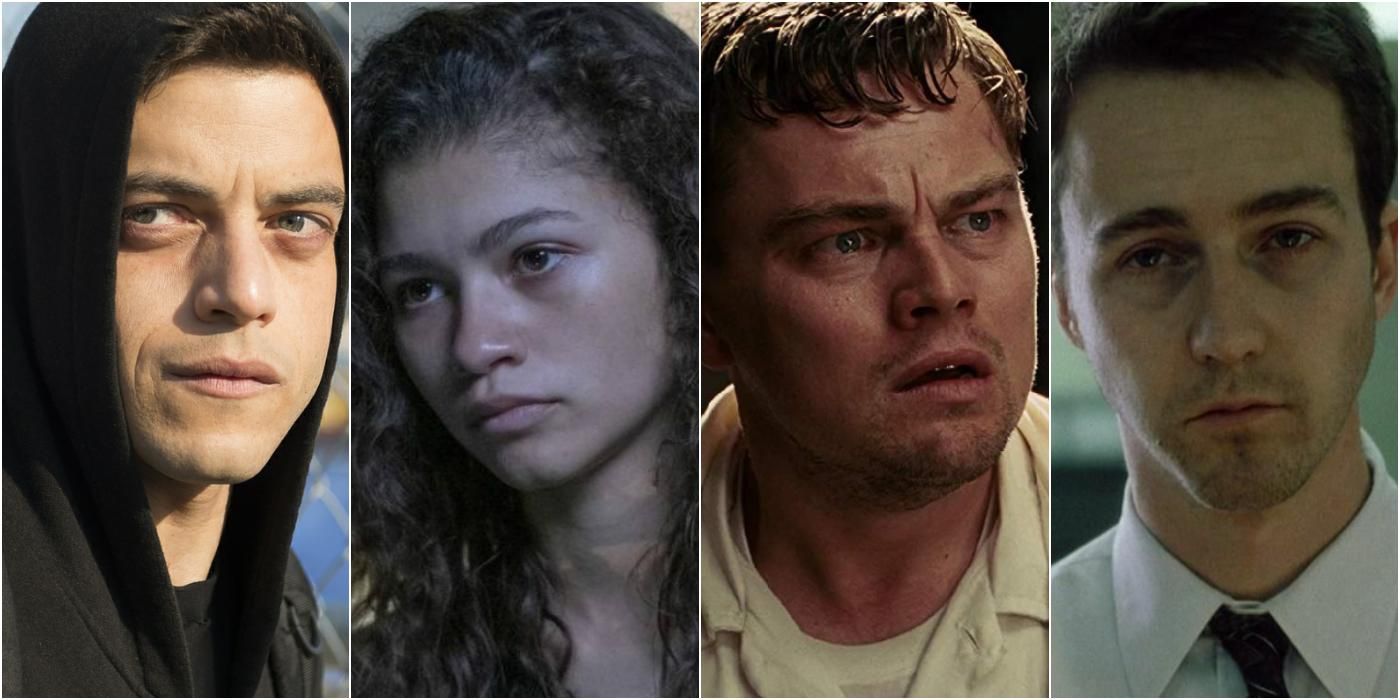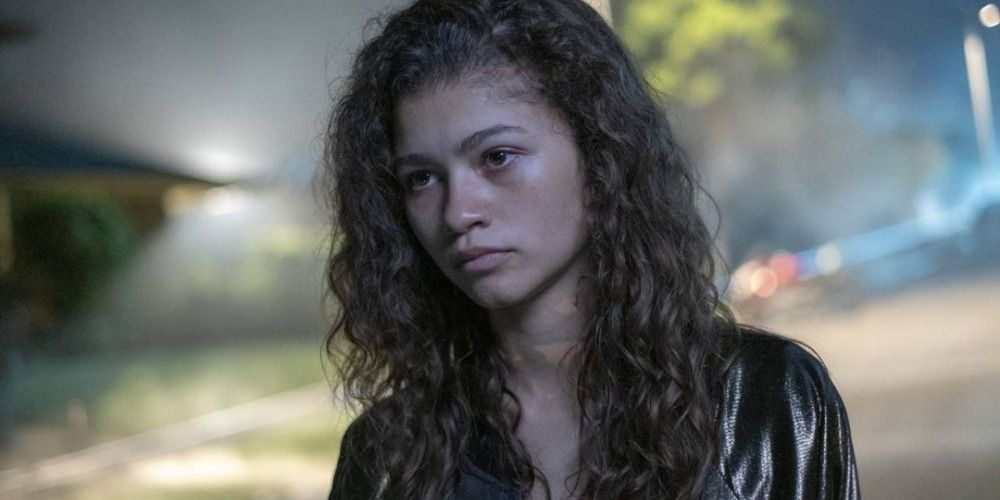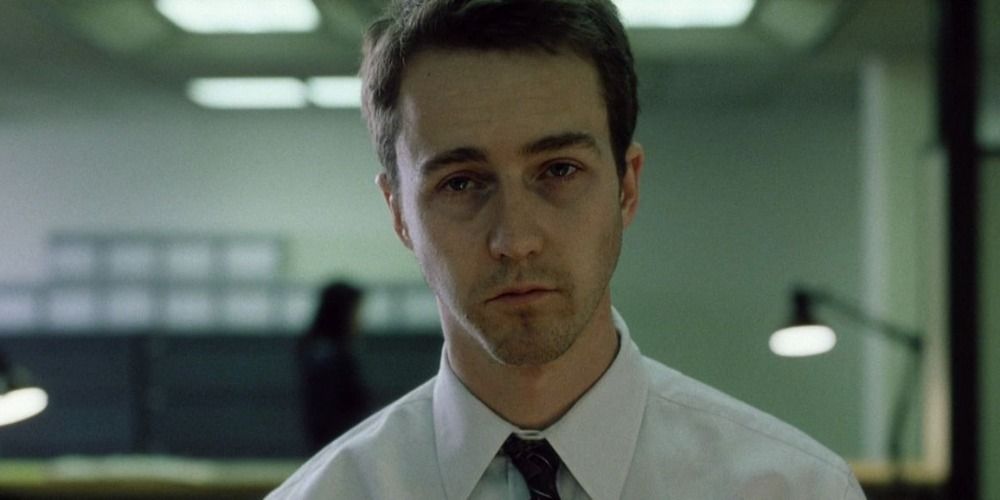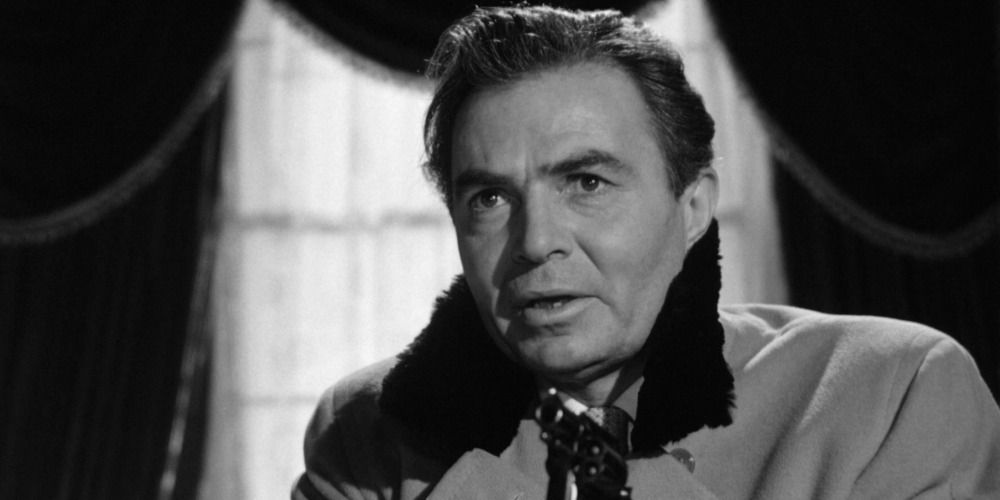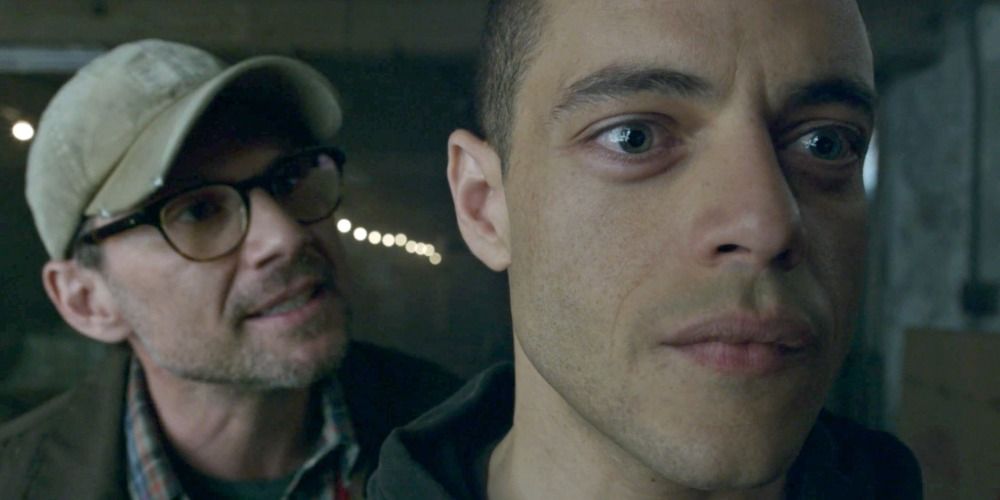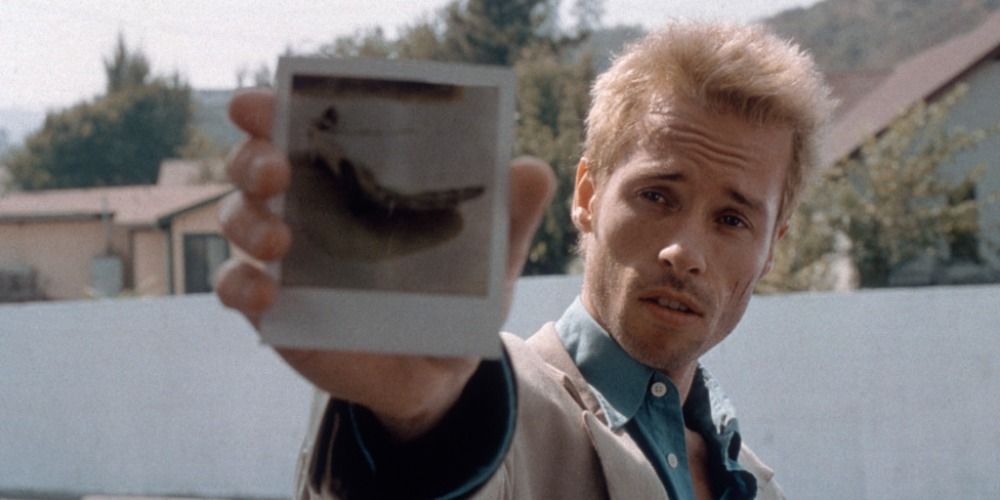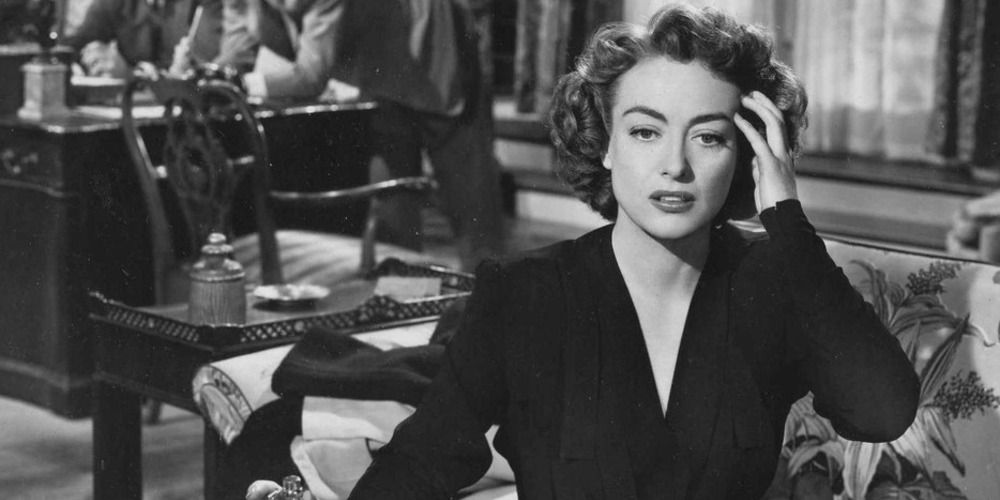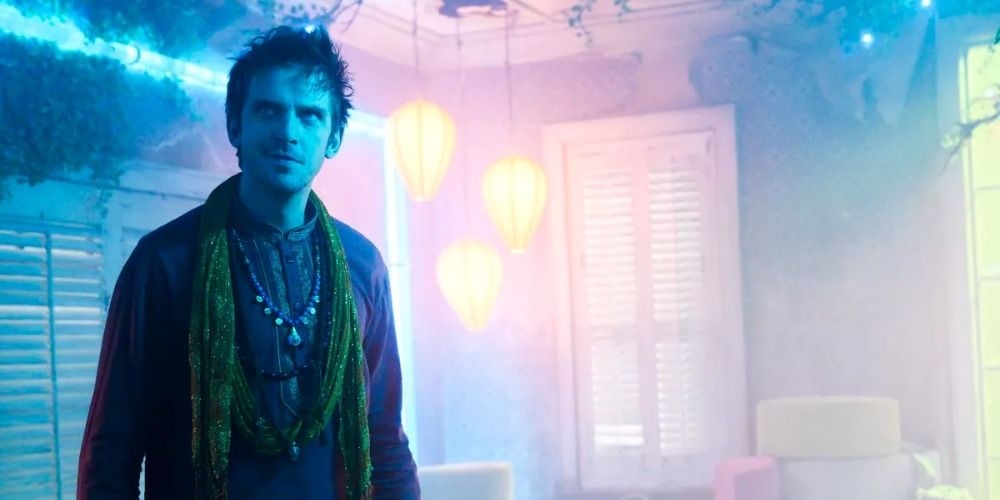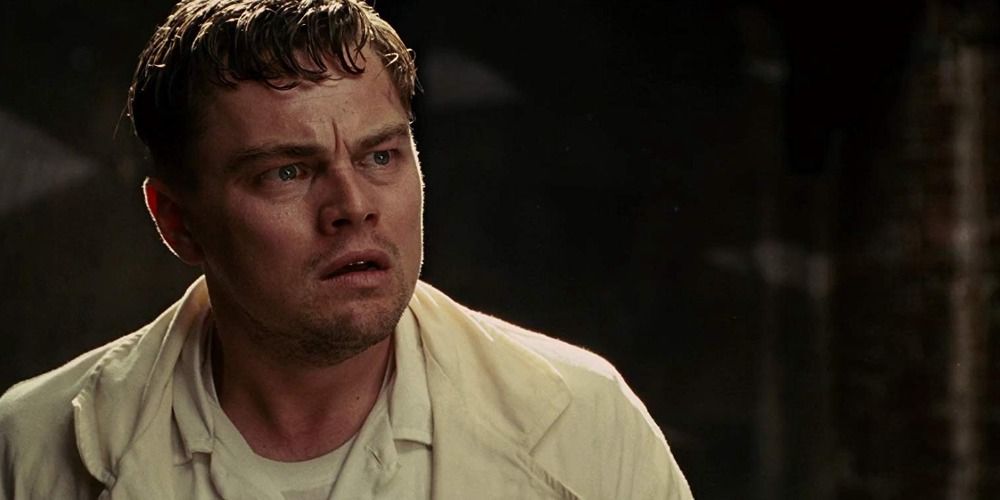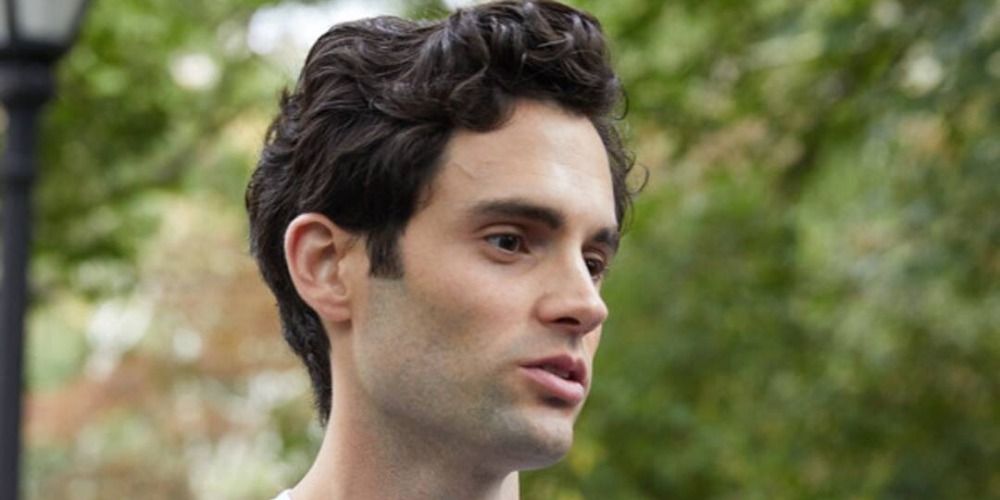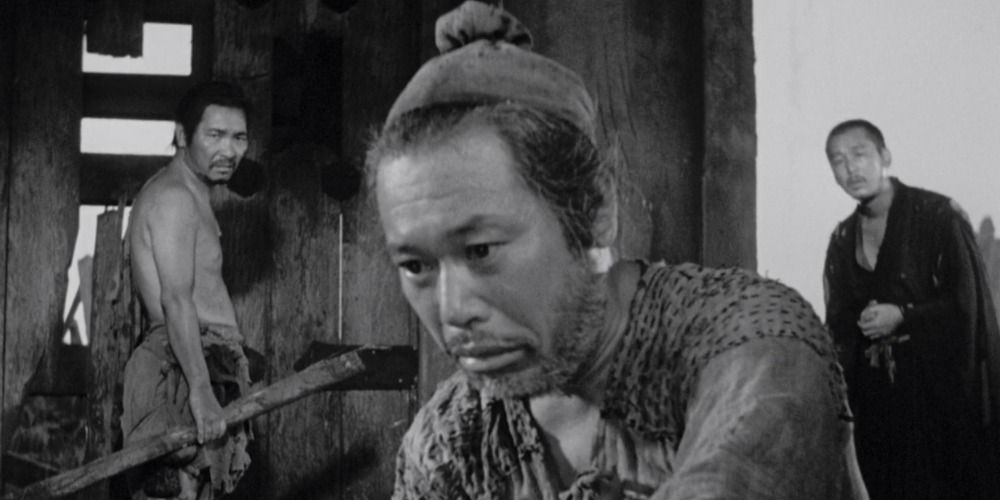What unreliable narrators lack in credibility they make up for in entertainment. As these kinds of narrators bestow their impaired, suspicious judgments on viewers, they provide plenty of insights into the bizarre, messy nature of existence. The unreliable narrator trope is a common storytelling device in TV series and movies alike, yet it's used for varying ends and purposes.
Sometimes, the unreliable narrator reveals his or her status from the beginning, inviting audiences to join them on their dubious cinematic journey. Other times, these narrators don't let on, leaving viewers to draw their own conclusions. A grand reveal may arrive at the end or not at all.
Rue In Euphoria (2019 - Present)
Zendaya's character Rue makes it known in the pilot episode of Euphoria that she's an unreliable narrator. Rue, who struggles with addiction, warns those listening in on her narration that she's liable to conflate facts, misremember, and downright lie.
What unfolds from there is a fever dream about a diverse group of teens and young adults trying to survive in a hostile world. While Euphoria contains some very intense scenes, it comes as close as TV can to capturing how dependency looks, feels, and functions.
The Narrator In Fight Club (1999)
By the end of Fight Club, it's clear Edward Norton's unnamed narrator is about as untrustworthy as they come. Not only has he spent the entire film convincing viewers he was recruited by a soap salesman named Tyler Durden (Brad Pitt) to join the titular group, but he tries to pin all of the violence that unfolds on-screen on his acquaintance.
It turns out Tyler was just a figment of the disgruntled insurance agent's imagination all along. In fact, Norton's character is responsible for everything.
Humbert Humbert In Lolita (1962)
Humbert Humbert may be the most unreliable narrator in all of literary and film history. Unfortunately, the cinematic adaptations of Vladimir Nabokov's infamous 1955 novel Lolita grossly underplay the fact Humbert is a sexual predator preying upon a young girl, whose name is actually Dolores -- not Lolita.
Stanley Kubrick turned Nabokov's torturous novel about a young girl's abusive ordeal with an older man into a twisted romance when he adapted Lolita in 1962 with actors James Mason and Sue Lyon. Humbert is framed as much more of a pathetic paramour, which is the false image he wants to maintain in the novel, than the dangerous offender he truly is.
Elliot Alderson In Mr. Robot (2015 - 2019)
Rami Malek shines as hacker Elliot Alderson in the sci-fi thriller Mr. Robot. Elliot suffers from depression, dissociative identity disorder, and anxiety, and his raw, messy narrative style becomes even more complex after he's recruited to join the hacktivist group fsociety.
Over four visually stunning and intellectually challenging seasons, Elliot brings audiences along as he navigates alternate realities, identities, and worlds. By the end of Mr. Robot, it's obvious what's "real" and what isn't "real" doesn't ultimately matter one bit.
Leonard Shelby In Memento (2000)
Christopher Nolan's break-out film Memento hinges upon the testimony of amnesiac Leonard Shelby, brilliantly portrayed by Guy Ritchie. Working in a non-linear fashion, the film's plot centers around Leonard's quest to find the person who murdered his wife and left him with a lifelong disorder that results in short-term memory loss every 15 minutes.
Leonard does his best to put all the puzzle pieces together by covering his body in tattooed messages he doesn't want to forget. He also obsessively takes polaroids, but they can only take him so far as those around Leonard begin to take advantage of his condition.
Louise Howell In Possessed (1947)
Possessed is a noirish tale about obsession, trauma, and unrequited love. Curtis Bernhardt's psychological drama sees Joan Crawford at her unhinged best, playing a woman named Louise Howell, who is found wandering around Los Angeles at the film's beginning only capable of screaming the name of the man they pines for, David.
The narrative works in reverse as Louise slowly recalls all the painful events leading up to the film's opening scene. As it goes in films like this, Louise's memories are clearly eroded by her own unstable emotions.
David Haller In Legion (2017 - 2019)
FX's under-watched, experimental superhero thriller Legion is designed to pivot around an unreliable narrator: the mutant David Haller, portrayed with equal parts eerieness and charm by British actor Dan Stevens. Legion unfolds in the X-Men universe, where David's intense mental illness issues actually play into his powerful mutant abilities.
David is, rightfully so, confused by the abilities brewing inside him, all made worse by the fact a parasitic mutant has made its way into David's mind. Legion blossoms from this labyrinthine foundation, giving audiences phantasmagorical, yet precarious, glimpses into the worlds occupied by David and his compatriots.
"Teddy" Daniels In Shutter Island (2010)
Shutter Island, directed by Martin Scorsese, is a throwback to classic detective noirs. The film evolves from the perspective of U.S. Marshal Edward "Teddy" Daniels, played by Leonardo DiCaprio, who is sent with his partner to investigate the disappearance of a patient at a psychiatric facility on Shutter Island off Boston Harbor.
Set in 1954, Shutter Island is rife with Cold War paranoia, intrigue, and dread. The film contains so many twists and turns it's impossible for audiences to believe anything Teddy presents is honest, reliable, or dependable.
Joe Goldberg In You (2018 - Present)
Joe Goldberg is the kind of guy who deludes himself about romance, and his crushes quickly transform into murderous obsessions in You, Netflix's creepy thriller. Joe (Penn Badgley) is the consummate stalker, yet what's interesting about this series is viewers get to see everything from his perspective.
In order to justify his compulsive, toxic, and deadly tendencies, Joe convinces himself he's really just the good guy trying to make someone happy in a bad world. No matter if the object of his desire has no interest in him; Joe will do whatever it takes to change her mind.
The Narrators In Rashomon (1950)
Akira Kurosawa's masterpiece Rashomon is the ultimate exploration of unreliable narrators. In eighth-century Japan, various individuals tell their own versions of the same story: the murder of a local samurai and the assault of his wife.
None of the tales are the same, and they often contradict and undermine each other. Rashomon showcases just how much the concept of truth and justice varies from person to person.

